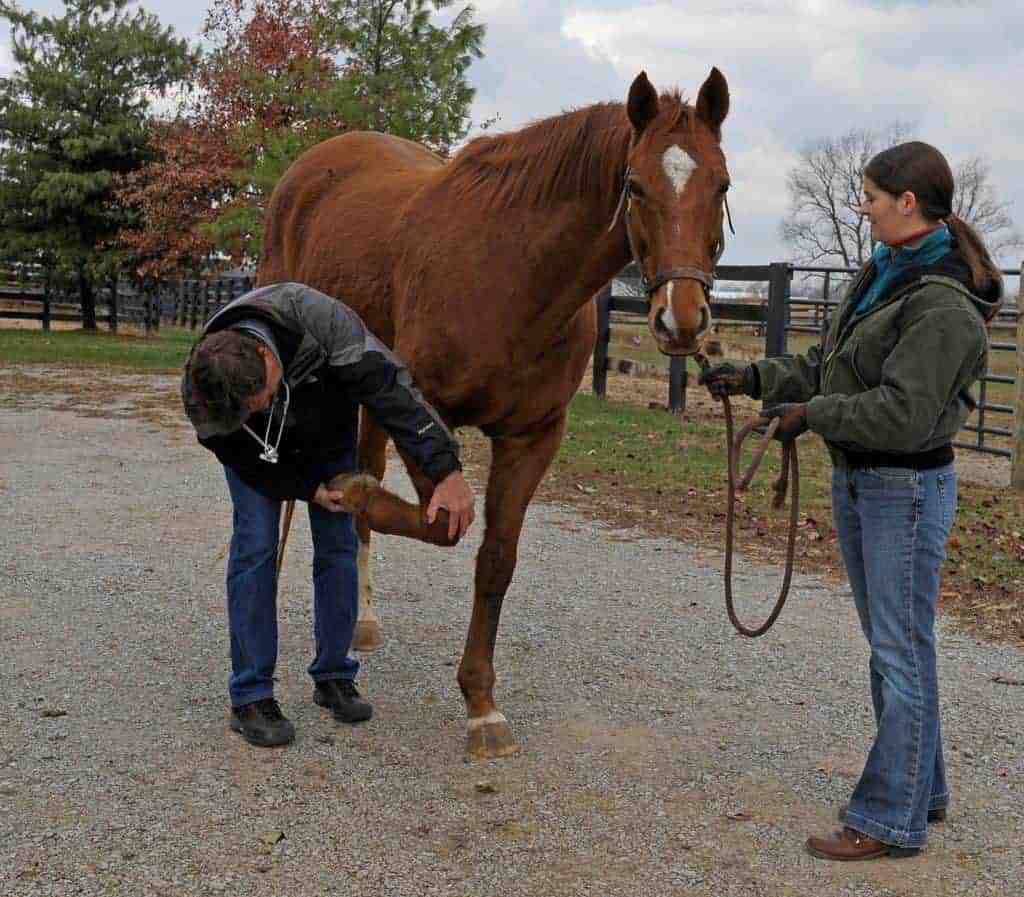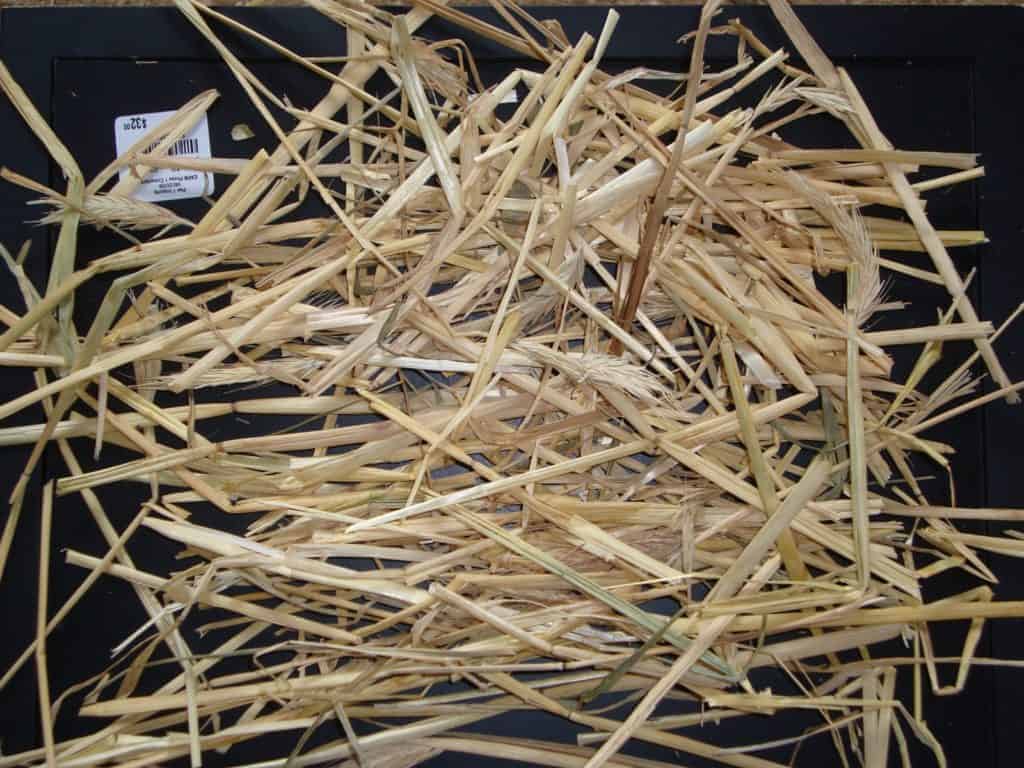
Getting to Know EOTRH
This painful dental disease is often seen in older horses and can have severe consequences. Here’s what to watch for.

This painful dental disease is often seen in older horses and can have severe consequences. Here’s what to watch for.

From fly masks and nose nets to antihistamines and supplements, find out which headshaking treatments worked best.

Learn what steps you can take to help ensure your horse’s feed is safe for him to consume.

Horses can develop signs of toxicity soon after eating the plant or its seeds, but residual signs can persist for weeks.

Bits that do not fit properly, are aggressive, or used incorrectly can cause damage to horses’ mouths, researchers said.
Researchers are working to identify the genetic cause of juvenile idiopathic epilepsy (JIE) in Arabian horses.

A wellness plan is a proactive approach in caring for your horse.

Oral endoscopy provides vets with a detailed, magnified view of dental and soft tissue structures in the horse’s mouth.

Dr. John Madigan presented the AAEP’s 2014 Milne lecture on discoveries that changed equine and human health.

Here’s what you need to know about hypovolemic shock related to blood loss or trauma in horses.

Learn how a systematic approach can help practitioners identify minor dental issues before they become serious problems.

Researchers at the University of Bern are studying cardiac adaptations to training in eventing and endurance horses.

Industry professionals believe awns in rye straw, lip ulcers, and infection could be behind the horse’s sudden death.
Florida agricultural officials fined Lakeland Animal Nutrition $4,000 for the contaminated feed on Jan. 6.
A farm owner says three horses died and another was sickened after consuming contaminated feed produced by ADM.

Learn about the cardiac abnormality one veterinarian identified during a prepurchase exam and if it was a deal breaker.
Stay on top of the most recent Horse Health news with
"*" indicates required fields